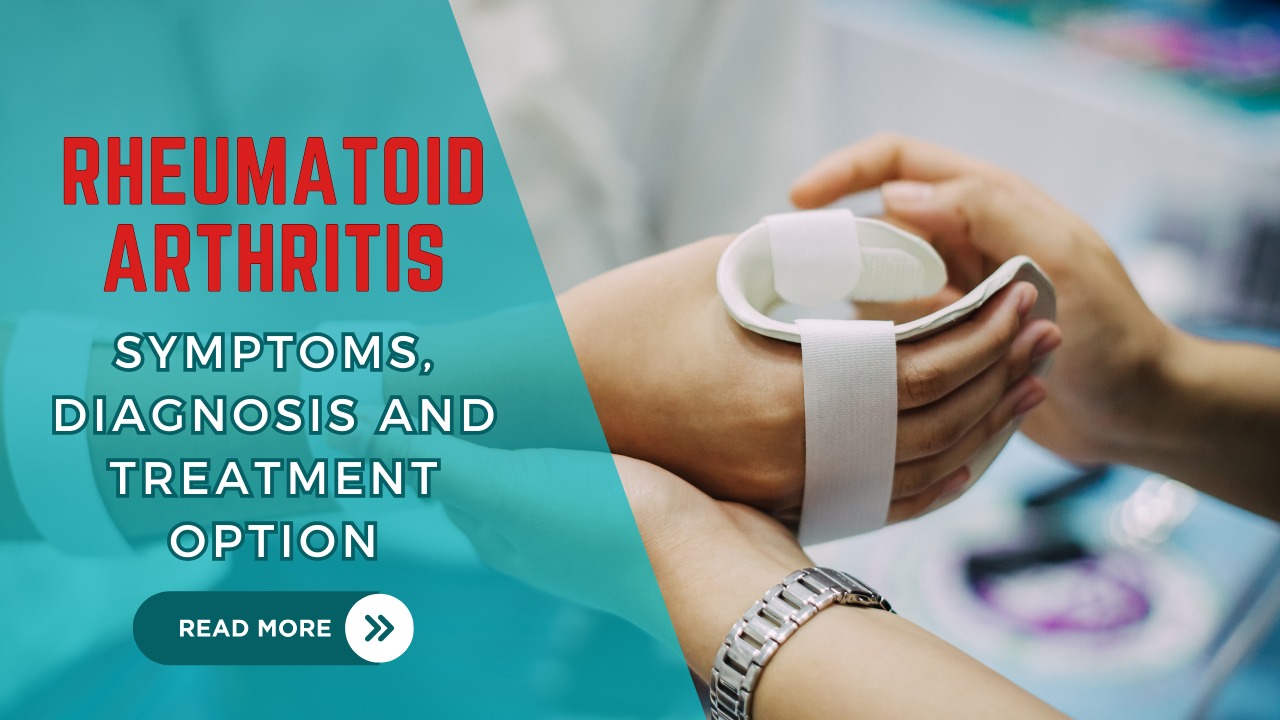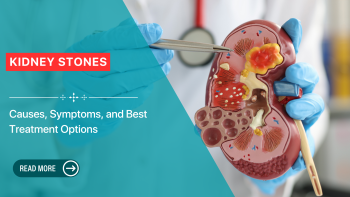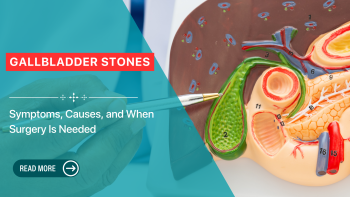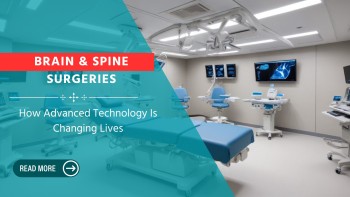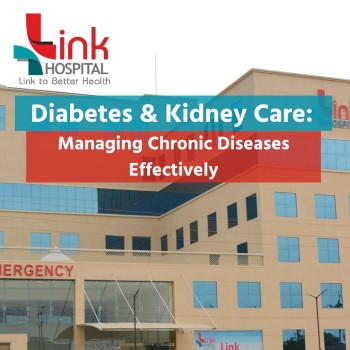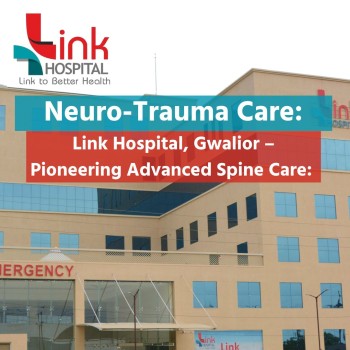Rheumatoid Arthritis (RA)
is a complex autoimmune disorder affecting millions globally,
characterized by the immune system's misdirected attack on healthy tissues, leading
to painful inflammation primarily in joints. This chronic ailment can
significantly impair joint function, induce pain, and diminish life quality.
Symptoms
and Manifestations of RA
RA presents with various symptoms,
including:
●
Joint Pain and Stiffness: Particularly noticeable in the morning or
after prolonged inactivity, affecting small joints initially.
● Swelling and Redness: Accompanying joint inflammation results in warmth and
tenderness.
● Symmetrical Joint Involvement: A characteristic feature where both sides of the body experience joint
inflammation.
● Fatigue:
Chronic fatigue often accompanies RA due to ongoing immune responses.
● Decreased Range of Motion: Progressively limiting joint mobility due to tissue damage.
● Fever, Weight Loss, and Nodules: Systemic manifestations may include fever, unexplained weight loss,
and the development of rheumatoid nodules.
●
Extra-articular Involvement: RA can affect organs like the heart, lungs,
eyes, and skin.
1.
Medical History: Detailed evaluation of symptoms, autoimmune
history, and family history.
2. Physical Examination: Assessing joint inflammation, mobility, and potential systematic
effect.
3. Blood Tests: Including
Rheumatoid Factor (RF), Anti-Cyclic Citrullinated Peptide (anti-CCP)
antibodies, C-reactive protein (CRP), and Erythrocyte Sedimentation Rate (ESR)
to gauge inflammation levels and autoimmune activity.
4. Imaging Studies: X-rays, ultrasounds, and MRIs to visualize joint damage and
inflammation.
5.
Synovial Fluid Analysis: For confirming inflammation and assessing
joint fluid composition.
1.
Medications: Utilizing Nonsteroidal Anti-Inflammatory
Drugs (NSAIDs), Disease-Modifying Antirheumatic Drugs (DMARDs), Biologic
Agents, Corticosteroids, and Janus kinase (JAK) inhibitors to mitigate
inflammation and modulate immune responses.
2. Therapies: Including
physical therapy, occupational therapy, and supportive therapies to enhance
joint function and alleviate symptoms.
3. Lifestyle Modifications: Emphasizing a healthy diet, regular exercise, stress management, and
smoking cessation to improve overall well-being.
4. Surgical Interventions: In severe cases, joint replacement surgeries may be considered.
5.
Complementary Therapies: Complementing conventional treatment with
acupuncture, massage, and dietary supplements as adjunctive measures.
Additional Information on
Rheumatoid Arthritis
Genetic Predisposition: While the exact cause of RA
remains unknown, genetic factors play a significant role. Individuals with a
family history of autoimmune diseases or RA are at higher risk of developing
the condition.
Environmental Triggers: Environmental factors such
as smoking, infections, and hormonal changes can trigger or exacerbate RA
symptoms in susceptible individuals.
Systemic Effects: Apart from joint
inflammation, RA can lead to systemic complications like cardiovascular
disease, osteoporosis, and increased susceptibility to infections.
Psychosocial Impact: RA's chronic nature and
impact on daily functioning can lead to emotional distress, anxiety, and
depression in affected individuals. Comprehensive care includes addressing
mental health needs and social/family support.
Pregnancy Considerations: Women with RA require
specialized care during pregnancy, as disease activity may fluctuate. Close
monitoring and collaboration between rheumatologists and obstetricians are
crucial.
Conclusion
Early diagnosis and holistic management
play pivotal roles in enhancing the quality of life for individuals with RA.
Link Hospital, with its specialized care, advanced diagnostics and patient
collaboration between various departments, is a beacon for effective RA
treatment. Collaborating closely with healthcare providers and adopting a
proactive stance empower patients to navigate RA challenges and lead fulfilling
lives.
